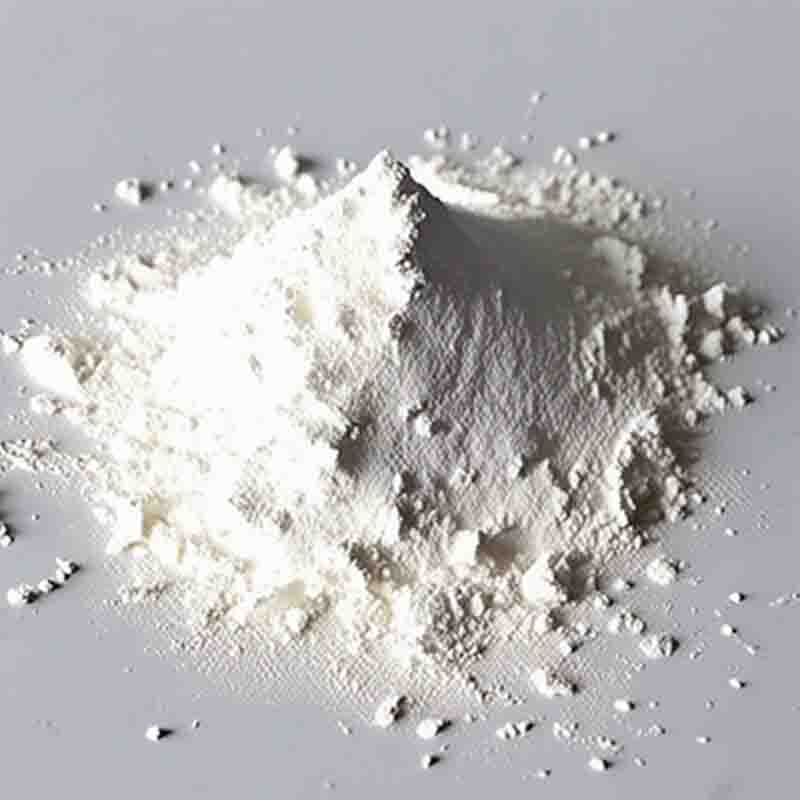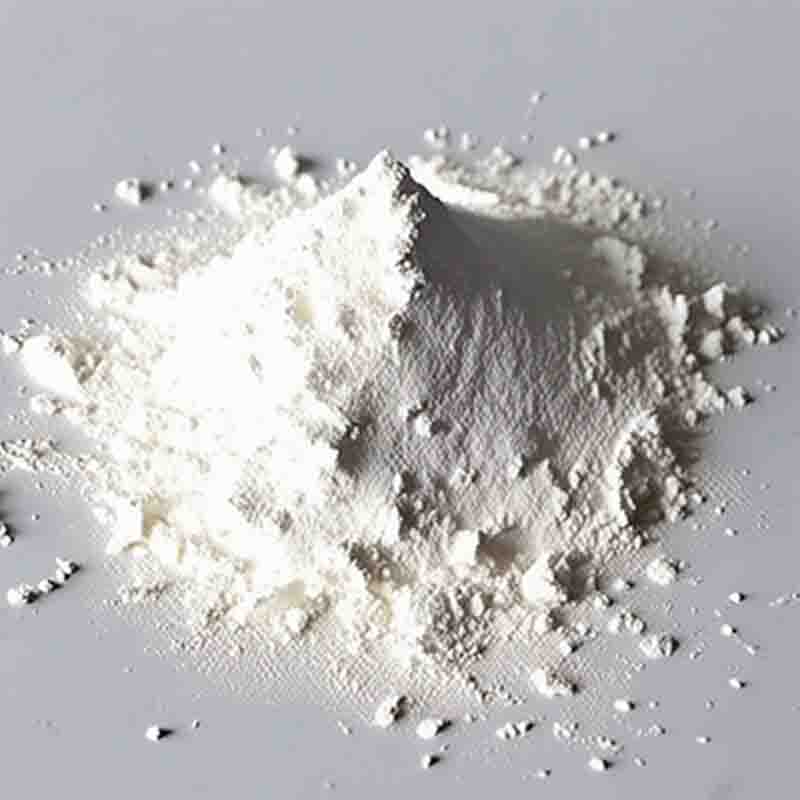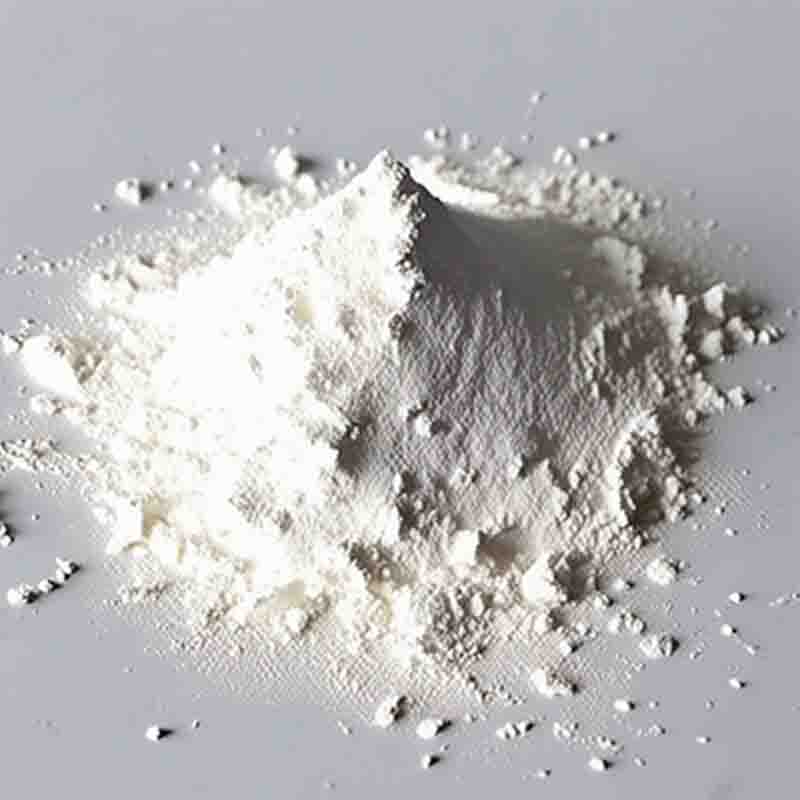N-Methylindole CAS:603-76-9
| Catalog Number | XD95485 |
| Product Name | N-Methylindole |
| CAS | 603-76-9 |
| Molecular Formula | C9H9N |
| Molecular Weight | 131.17 |
| Storage Details | Ambient |
Product Specification
| Appearance | White powder |
| Assay | 99% min |
N-Methylindole, also known as 1-methylindole, is a derivative of indole, a naturally occurring compound found in various plants and animals. N-Methylindole has gained attention in scientific research due to its potential biological effects and pharmacological properties. In this 300-word explanation, we will discuss the effects and potential benefits of N-Methylindole.One of the primary effects of N-Methylindole is its role as a precursor to various biologically active molecules. It serves as a building block in the synthesis of many important compounds, such as certain pharmaceutical drugs and natural products. By serving as a precursor, N-Methylindole contributes to the development of new therapeutics and may have potential applications in the pharmaceutical industry.Moreover, N-Methylindole has been studied for its potential anti-inflammatory activity. Inflammation is a natural response of the immune system to infection or injury. However, chronic inflammation can lead to various diseases, such as rheumatoid arthritis and inflammatory bowel disease. Research studies have demonstrated that N-Methylindole derivatives possess anti-inflammatory properties, suggesting that they may have therapeutic potential in managing inflammatory conditions.Additionally, N-Methylindole has been investigated for its potential role in central nervous system disorders. Some studies have shown that N-Methylindole can interact with certain neurotransmitter systems, such as the serotonergic and GABAergic systems, which are involved in mood regulation and anxiety. These findings suggest that N-Methylindole derivatives may have anxiolytic and antidepressant properties, making them potentially beneficial in the treatment of mental health disorders.Furthermore, N-Methylindole has shown promise in the field of cancer research. Some studies have found that N-Methylindole derivatives exhibit cytotoxicity against cancer cells, inhibiting their growth and inducing apoptosis. These findings suggest that N-Methylindole compounds may have potential as anti-cancer agents or as lead compounds for the development of new anti-cancer drugs.In conclusion, N-Methylindole offers a range of effects and potential benefits in different areas of research. Its role as a precursor in the synthesis of important compounds, along with its anti-inflammatory, neuropharmacological, and potential anti-cancer properties, makes it an intriguing molecule for further exploration. However, it is important to note that the specific effects and safety profile of N-Methylindole derivatives may vary depending on the specific compound and its dosage. More research is needed to fully understand and harness the potential benefits of N-Methylindole in various therapeutic applications.


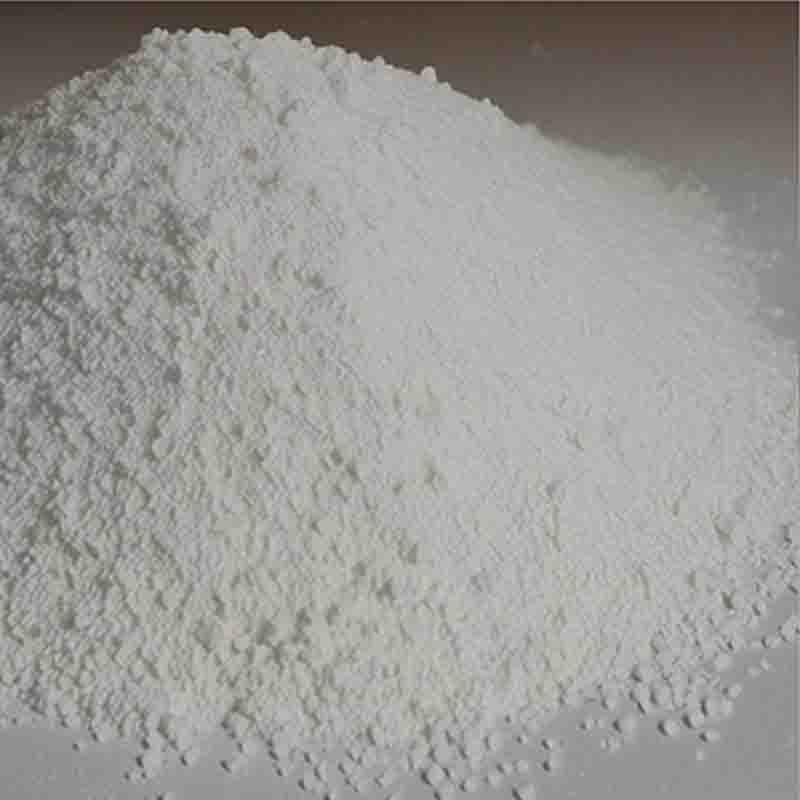

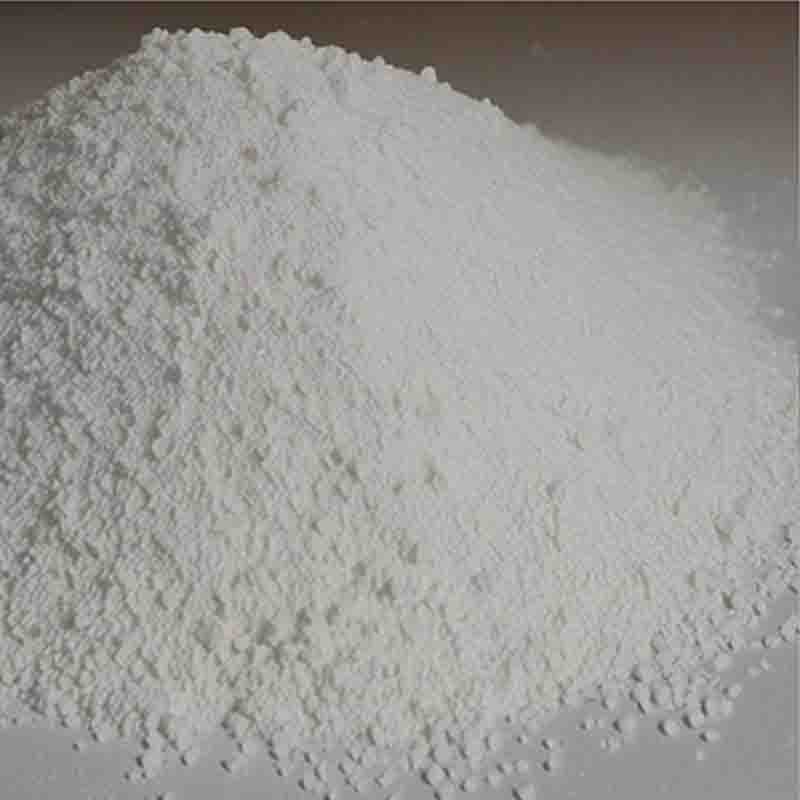
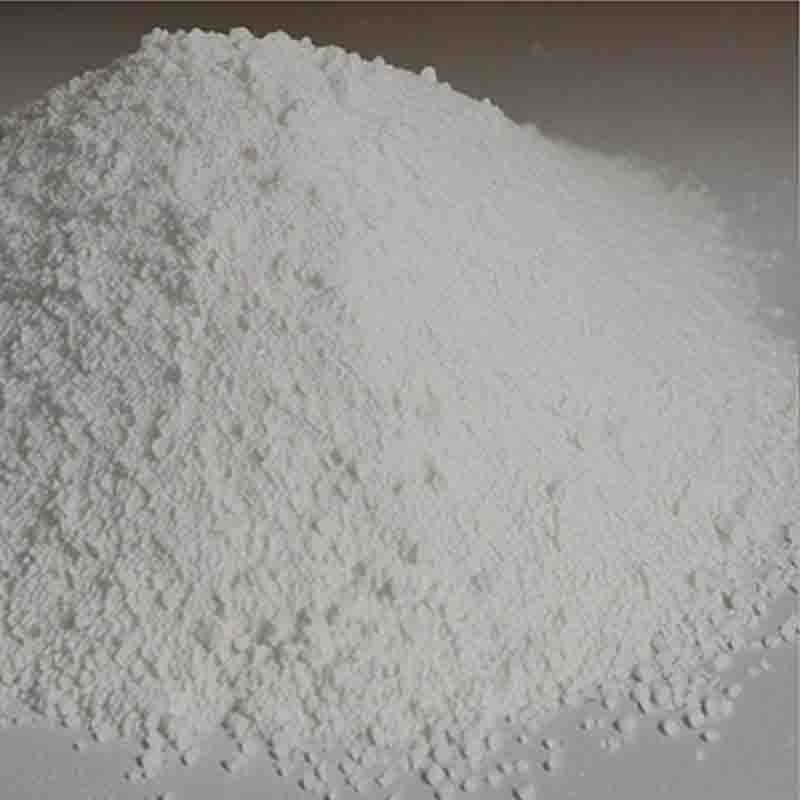
![(alphar,gammas)-gamma-[(3-Carboxy-1-oxopropyl)amino]-alpha-methyl-[1,1'-biphenyl]-4-pentanoicacid4-ethylestercalciumsalt(2:1) CAS:1369773-39-6](https://cdn.globalso.com/xdbiochems/白色粉末21413.jpg)
